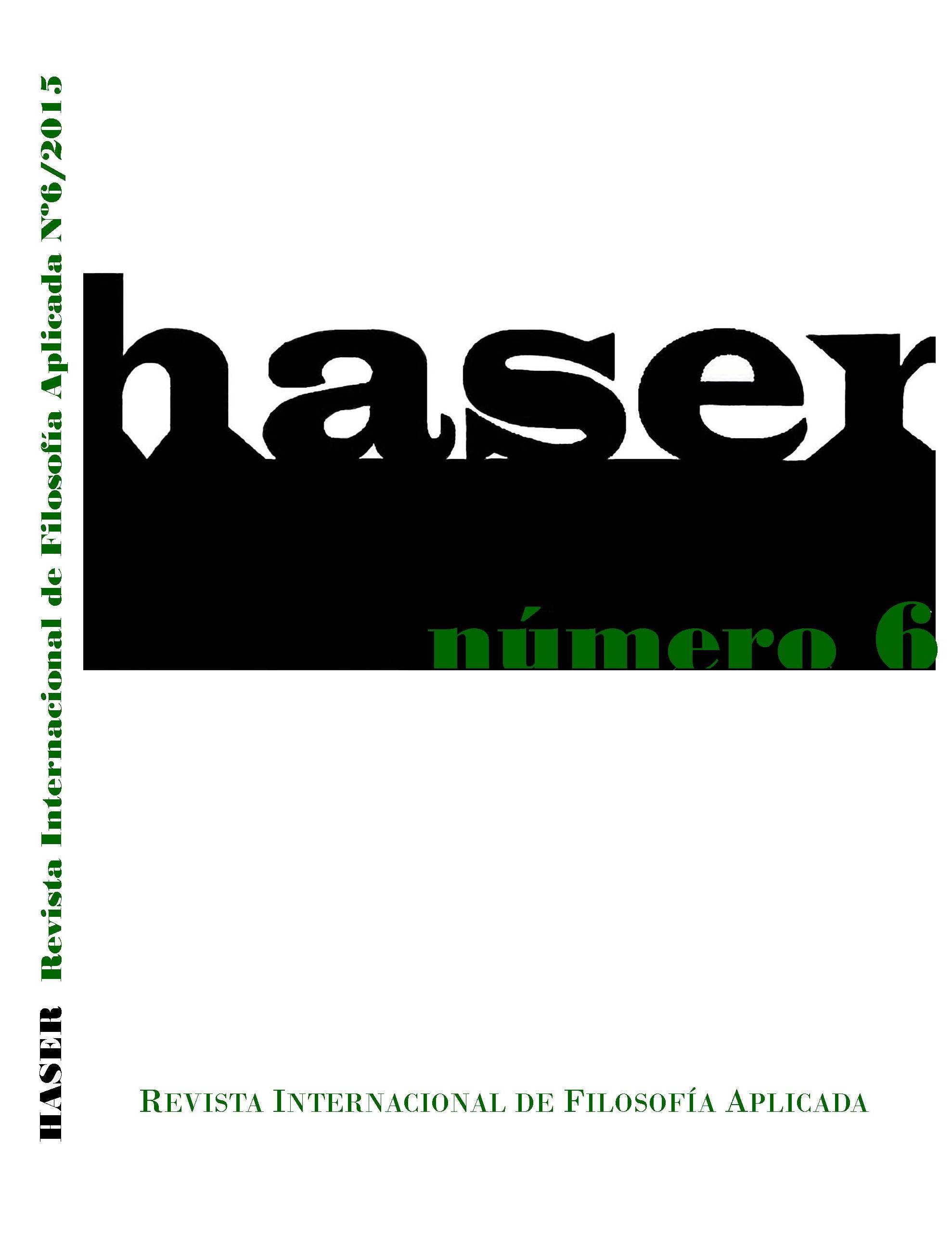INVENTAR O ERRAR AL FILOSOFAR CON NIÑAS Y NIÑOS EN AMÉRICA LATINA: LECCIONES DE UNA MAESTRA
Resumen
En este trabajo mostramos los orígenes del hacer filosófico con niñas y niños en América Latina, introducido por Matthew Lipman y Ann M. Sharp en los años ochenta. Invitamos a pensar un principio para ese hacer, inspirados en el inventor de la educación popular en América Latina en el siglo XIX, el venezolano Simón Rodríguez: inventamos o erramos. Desplegamos posibles sentidos políticos de esta alternativa para pensar la práctica filosófica en las escuelas junto a algunas consideraciones sobre las ideas de filosofía e infancia. Sobre esta base, contamos una experiencia de Laura, profesora de la Universidad Nacional de La Plata, al llevar la práctica de la filosofía a la escuela anexa de su universidad con niñas y niños pequeños. Su ejemplo ilustra nuestro propósito principal: lo que parece una frustración, por azar, se vuelve un encuentro, una condición, una oportunidad para inventar la propia práctica al hacer filosofía con niñas y niños. Finalmente, proponemos algunos desprendimientos que ese ejemplo nos ayuda a pensar. Se trata de afirmar y explorar sentidos de la invención para la educación, de una maestra filósofa que, tiene, como primera tarea, la de inventarse un lugar para sí misma en el seno de las instituciones educativas.
Descargas
Descargas
Publicado
Cómo citar
Número
Sección
Licencia
Los autores/as que publiquen en esta revista aceptan las siguientes condiciones:
1. Los autores/as conservan los derechos de autor y ceden a la revista el derecho de la primera publicación, con el trabajo registrado con la licencia de atribución de Creative Commons, que permite a terceros utilizar lo publicado siempre que mencionen la autoría del trabajo y a la primera publicación en esta revista.
2. Los autores/as pueden realizar otros acuerdos contractuales independientes y adicionales para la distribución no exclusiva de la versión del artículo publicado en esta revista (p. ej., incluirlo en un repositorio institucional o publicarlo en un libro) siempre que indiquen claramente que el trabajo se publicó por primera vez en esta revista.
3. Se permite y recomienda a los autores/as a publicar su trabajo en Internet (por ejemplo en páginas institucionales o personales) antes y durante el proceso de revisión y publicación, ya que puede conducir a intercambios productivos y a una mayor y más rápida difusión del trabajo publicado (vea The Effect of Open Access).


